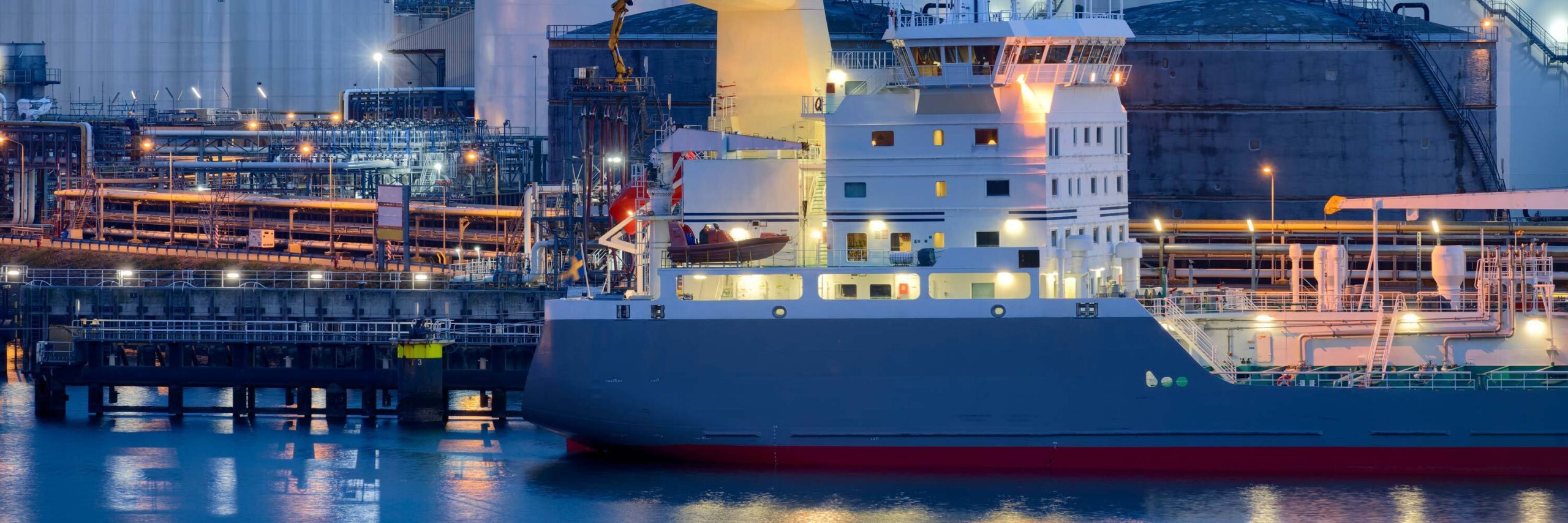The Partnership to Address Global Emissions (PAGE) will celebrate its first anniversary in mid-October.
Since its founding last year, the coalition has advocated for common-sense policies that would enable the development of infrastructure needed to increase the production and export of U.S. liquefied natural gas (LNG) to replace foreign coal and lower greenhouse gas emissions (GHGs). We represent a range of responsible energy companies, leading climate advocates, and labor groups fighting for better energy policy. PAGE’s membership has grown to represent the entire natural gas value chain, with members aligned on decarbonized natural gas from extraction to combustion.
PAGE is committed to slowing climate change, reducing energy prices, and providing energy security for U.S. allies abroad. Our anniversary represents a significant milestone as we celebrate wins this year and look ahead to the work that still needs to be done as we strive for a cleaner energy future.
As PAGE enters year two of its partnership, we still need significant reform of the permitting process.
Progress on Permitting Reform
We’ve seen the decarbonization potential of natural gas here at home. The US has experienced a remarkable 17% decline in GHGs for nearly two decades by switching from coal to natural gas. However, reliance on coal is increasing globally, and the US must move quickly to deploy natural gas to reduce coal dependency abroad and dramatically lower global emissions.
We were pleased earlier this year when a bipartisan group of lawmakers and the White House came together to insert permitting reform provisions into the landmark compromise to lift the nation's debt ceiling, known as the Fiscal Responsibility Act. PAGE fought to ensure these provisions were in the final bill and passed Congress. The legislation represents a long-overdue focus on reforming our nation's broken permitting processes.
However, while significant, these reforms fell short of the comprehensive overhaul of permitting that we need to unleash a low-carbon energy revolution. As PAGE enters year two of its partnership, we still need significant reform of the permitting process. We will press lawmakers to revisit and reimagine the possibilities they can unlock with true reform.
Decisive Action is Needed
Congress must address detrimental bottlenecks in the current permitting system to deliver an efficient and predictable review process. The emissions reductions we need at home and abroad will only occur through developing new energy infrastructure and deploying related technologies and innovations.
To that end, the Partnership to Address Global Emissions (PAGE) urges Congress to incorporate the following framework in any permitting reform legislation:
- Avoid unnecessary litigation delays. Projects are often delayed or even canceled due to prolonged litigation brought late in the permitting process. Project developers and energy consumers deserve clarity and durability in federally reviewed permitting decisions to promote economic development while protecting public interests.
- Prevent politically motivated permitting delays. Streamline laws to inhibit states’ ability to unreasonably delay or stop electric transmission, port and waterway, and natural gas transmission projects for political or parochial reasons.
- Parity among energy projects. To meaningfully address climate change and energy supply constraints domestically and worldwide, permitting reform must ensure parity and review consistency among all energy projects. The U.S. must develop new energy systems and infrastructure to address our challenges. An improved permitting process agnostic of energy type is needed to do that.
Unleash the Power of US LNG
PAGE remains committed to unlocking natural gas's full potential, which can lead the world toward a cleaner and more secure future. But we need leaders in Washington to work with us to pass legislation and set policies that can take production and exports to the next level.
Our allies need reliable, low-methane natural gas – and the U.S. can provide the answer through a more efficient permitting process. By working in a bipartisan manner on permitting reform, we can restore global energy security and help the world get back on track toward achieving our collective emissions reduction goals.

